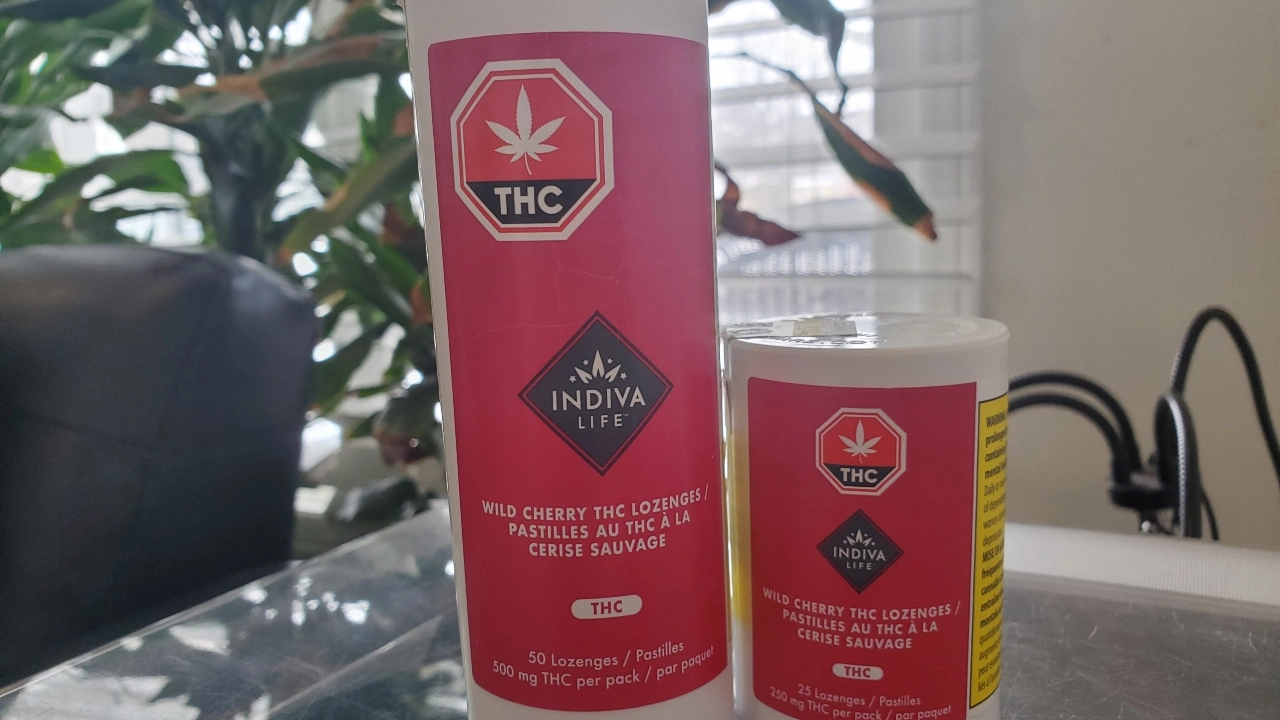 Another Canadian cannabis producer has hit pause on the production of certain products because of a dispute with Health Canada over what constitutes a cannabis “edible.”
Another Canadian cannabis producer has hit pause on the production of certain products because of a dispute with Health Canada over what constitutes a cannabis “edible.”
Indiva Limited has been notified by Health Canada that some of its lozenge products have been improperly classified as an “extract” rather than an “edible,” the Ottawa, Ontario-based company announced Tuesday.
The company said it paused production of the products in question as it consults with advisers to consider the next steps.
The distinction between “edible” and “extract” is important because any cannabis product classified as an “extract” has 100 times more allowable THC per package than a product classified as an “edible,” making it more appealing to certain consumers.
Indiva sells lozenges in packages containing up to 500 milligrams of THC.
The company has been able to do so by classifying the products as extracts, rather than edibles.
The allowable limit for cannabis products classified as edibles is 10 milligrams per package.
“Prior to the launch of the Products, the company closely considered the regulatory requirements of the legislation, including with respect to product classification, and conducted substantial research,” Indiva said in a statement.
“Consistent with the legislative requirements and the Company’s research, the company classified the products as cannabis extracts.”
Health Canada now says that is wrong and has requested Indiva cease production of the lozenges.
The company said it might choose to continue manufacturing the products in alternative packaging formats.
Indiva’s move comes a day after rival Organigram Holdings announced it was halting production of similar products.
MJBizDaily reported on the crackdown in January when Health Canada’s letters started flying out the door.
Industry sources said the crackdown could cost producers millions of dollars.
Shares of Indiva are traded on the TSX Venture Exchange as NDVA.




